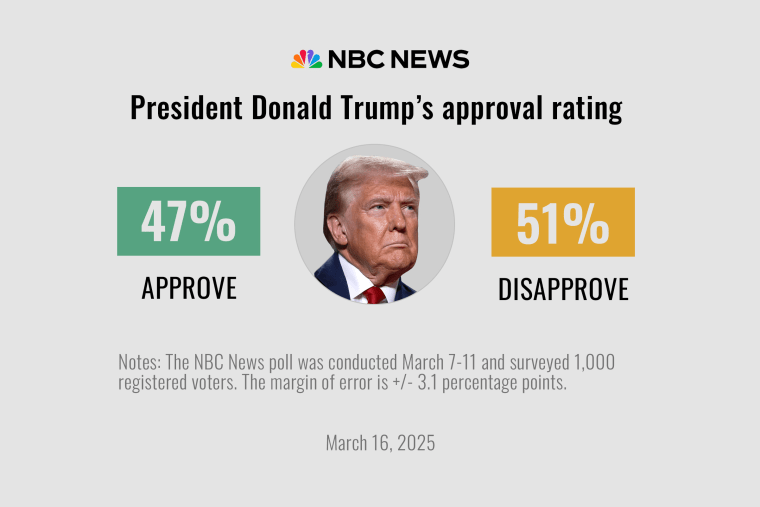
Poll Finds 25% of Republicans Support Trump Having Control Over Museums

Title: The Battle for Cultural Institutions: Trump’s Influence and the Fight for Arts Autonomy
Former President Donald Trump’s ongoing campaign to exert control over America’s cultural and educational institutions is raising alarm among experts, policymakers, and many members of the public. From museums to universities, Republican backing of his efforts to reshape national narratives and eliminate diversity-driven programming has intensified dramatically, sparking fierce debates about freedom of expression, historical interpretation, and the potential drift toward authoritarian governance.
A Controversial Poll: Who Controls Culture?
One of the most telling signs of this cultural shift was revealed in an April 2025 Reuters/Ipsos poll. Surveying 4,306 adults nationwide, the poll found that 26% of Republican voters believe that the president should directly control national museums and theaters. While a two-thirds majority of respondents rejected such an idea, the fact that over a quarter of one political party supports presidential oversight of cultural institutions signals a troubling erosion of the wall separating politics from the arts.
In stark contrast, 86% of Democrats rejected presidential intervention in arts and cultural institutions, with only 6% showing support. Notably, a disproportional number of Republicans still disapproved of government efforts to defund universities based on political or ideological disagreements, suggesting a complex and not universally partisan view on cultural governance.
Trump vs. the Arts and Humanities
Since resuming key leadership roles, Trump has prioritized efforts to shape America’s cultural narrative through executive orders and targeted funding decisions. Federal grants supporting independent arts and library organizations have allegedly been swept away overnight. Hundreds of grants, previously awarded by institutions like the Institute for Museum and Library Services (IMLS), have been canceled in a broader effort to redirect funding toward nationalist projects, such as the proposed “American Heroes Park,” a sculpture garden celebrating select historical figures.
The administration’s pressure is felt not just in budget reallocations, but also in reshaping content within these institutions. A recent executive order targeted the Smithsonian Institution’s programming, urging it to strip references to critical race theory, gender inclusion, and DEI (Diversity, Equity, and Inclusion) initiatives. These changes, opponents argue, reveal an effort to whitewash history and suppress complex, often marginalized perspectives in the portrayal of American heritage.
DOGE and Expanded Oversight
One of the most influential arms of this new cultural agenda is the Department of Government Efficiency (DOGE), now led by tech mogul Elon Musk. DOGE has begun engaging directly with museum leadership, including a noteworthy and vague meeting with the National Gallery of Art about the institution’s “legal status.” This coded language has sparked fears that nonprofit status—and the tax exemptions and autonomy it offers—might be subject to politically motivated review.
This expansion of cultural oversight showcases a broader awakening in Trump’s ideological movement: a desire to consolidate control not only over governmental departments but over the very stories America tells about itself, from museum displays to university curricula.
Universities Under Siege
In tandem with pressure on museums, higher-education institutions are now facing a political reckoning. Trump has threatened to strip funding from elite universities like Harvard and Columbia unless they comply with government-imposed directives, including direct oversight of departments deemed ideologically opposed to conservative values. For instance, Columbia’s Middle Eastern Studies department recently underwent a controversial receivership process—raising serious concerns among academic freedom advocates.
The administration’s focus on higher education is part of its broader attack on so-called “elitist” and “radical” academia, aiming to curtail intellectual frameworks that question systemic inequality, historical injustices, or American exceptionalism.
Expert Warnings: A Slide into Authoritarianism?
These maneuvers come as democratic institutions in the U.S. appear increasingly fragile. A benchmark survey from Bright Line Watch—a watchdog group of political scientists—revealed growing concern among scholars that America is incrementally shifting away from liberal democracy toward an authoritarian model.
The attempt to politicize and centralize control over institutions that have traditionally maintained independence from the federal executive branch is consistent with authoritarian regimes around the world. Whether it involves rewriting textbook history or dictating artistic narratives, such practices aim to manufacture a singular national identity, devoid of nuance or critique.
A Call for Resistance and Support
The cultural and academic communities have not remained silent. Organizations, scholars, and artists across the country are mobilizing in defense of their rights to free expression and institutional integrity. Art historians have pledged to boycott politicized academic events, curators have pushed back against censorship, and independent media outlets such as Hyperallergic continue to report critically on these developments.
At the heart of this struggle lies a fundamental question: Who gets to decide the cultural story of a nation?
As federal oversight of arts and education increases, the role of public engagement and support becomes even more critical. Readers, creators, educators, and voters are being called upon to not only reject the politicization of culture but actively support the institutions that facilitate diverse perspectives, intellectual freedom, and historical honesty.
Conclusion
The